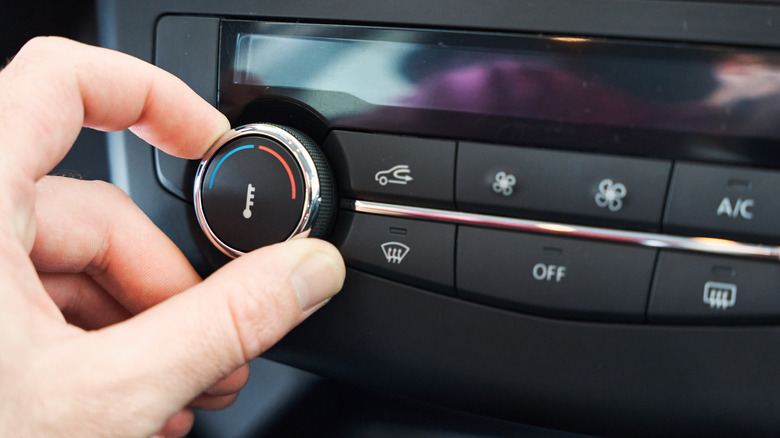
Monitoring your fuel efficiency is wise, benefiting both your finances and the planet. If you aim to enhance this efficiency further instead of just searching for The top fuel-efficient new vehicles available for purchase , you should know that running your car's air conditioning requires energy, which comes from your engine. To provide that energy, your engine has to burn more fuel. So could you save a few miles per gallon if you just turned the AC off and rolled the windows down?
Like most engineering queries, this question does not have an easy answer. Cars are engineered for optimal aerodynamics to minimize resistance when driving, ensuring the engine operates efficiently without excessive strain. However, lowering your car’s windows disrupts this streamlined profile, leading to increased wind resistance. Consequently, your vehicle's powertrain must exert additional effort under these conditions, consuming extra fuel—precisely what one seeks to prevent by rolling them down.
Each vehicle has its own characteristics, and factors such as ambient temperature also play a role; thus, there isn’t one clear-cut solution. Generally speaking, though, it’s typically advisable to lower the windows and disable the air conditioning when driving slowly, whereas switching to the air conditioner with the windows rolled up should be done at faster speeds to prevent the worst gas mileage .
Read more: Here Are the Most Irritating Aspects of Your Vehicles
The Effect of Air Conditioning and Opened Windows on Fuel Efficiency

According to the U.S. Department of Energy , an air conditioning system battling extreme heat can decrease fuel efficiency by up to 25%, which is quite significant. Likewise, SAE International, an association of aerospace and automotive engineers, calculated that using the AC could cost a car anywhere from 4% to 30% of its total fuel use, or anywhere between half a mile per gallon to nearly 9 mpg. Consumer Reports refers to a more limited range of 1 to 4 miles per gallon. The figures become increasingly poorer as the vehicle accelerates.
Studies examining how lowering the car windows impacts fuel efficiency have been limited. According to Consumer Reports, this impact is minimal; however, SAE discovered that window usage can reduce fuel economy by approximately 3% to 9%. This reduction peaks when driving at about 50 miles per hour then lessens with increased speed. For instance, during tests conducted on their model vehicle, they observed a decrease in mileage ranging from 1.5 to 3.5 miles per gallon. Therefore, overall, opening your windows may not necessarily prove more economical regarding gas consumption compared to using air conditioning, especially once you reach highway velocities.
Want more like this? Join the Jalopnik newsletter To receive the most recent automobile news directly in your email...
Read the original article on Jalopnik .
No comments:
Post a Comment